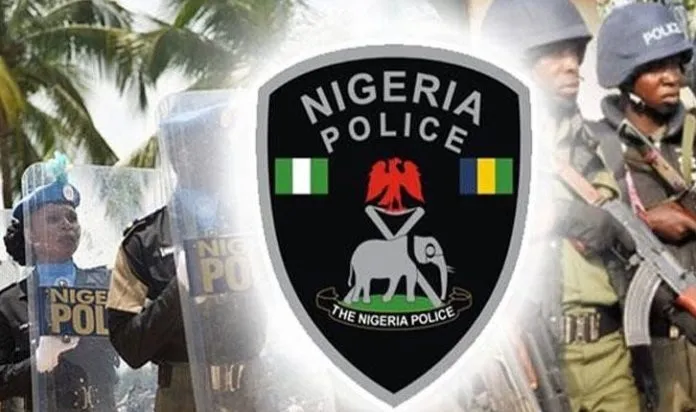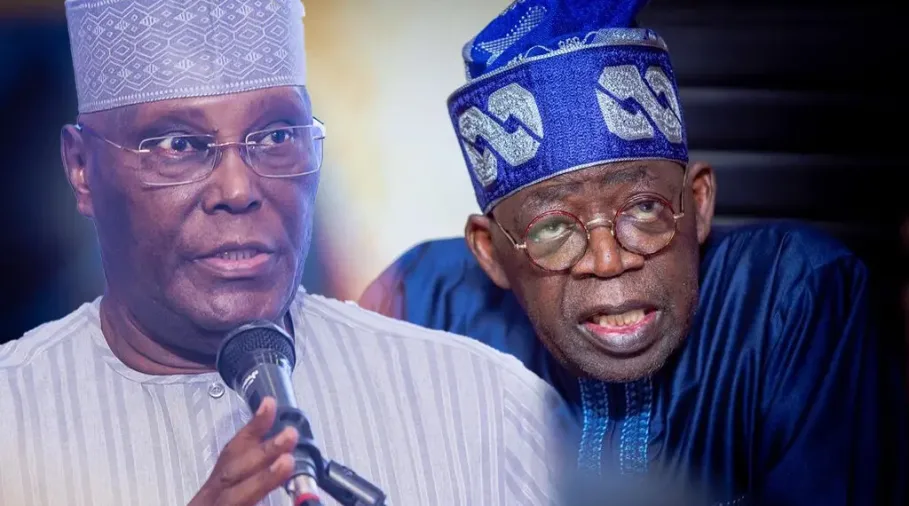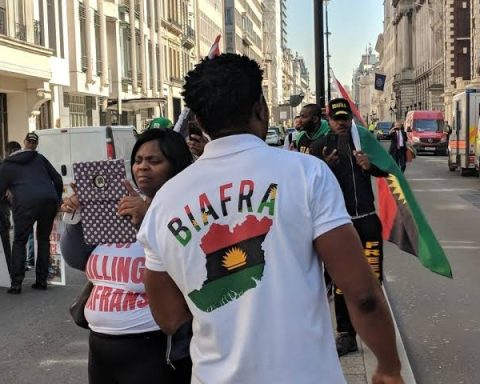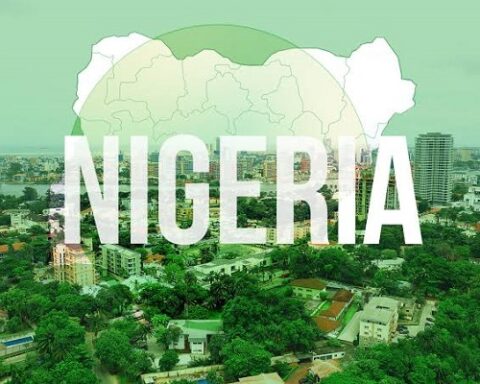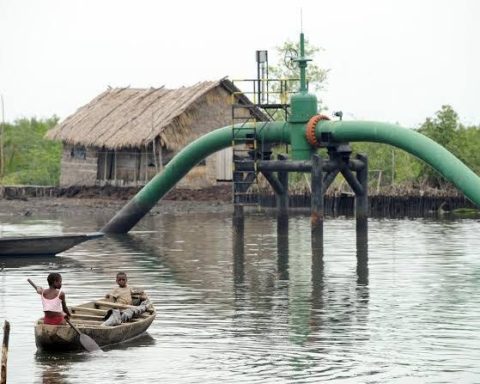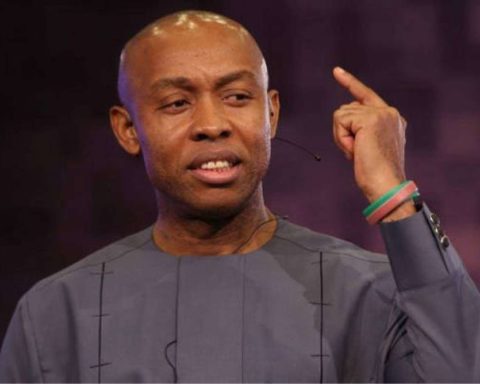By Grace Akpan and Oluwatoyin Akinwande Badejogbin
Over the years, concerns have been raised about the conduct of the Nigerian Police Force. These concerns have further led to a high level of distrust between the people and the police, especially as related to professional conduct.
Established in 1943, the Nigerian Police Force (NPF) is tasked with upholding law and order across the country. However, systemic issues, including corruption, underfunding, and political interference, among other factors have hindered its ability to effectively serve Nigerians. Central to reversing this decline is competence applying skills in line with laid down rules/standards, which not only strengthens public trust but ensures the protection of fundamental human rights.
Join our WhatsApp ChannelProfessionalism is the cornerstone for effective policing, and it serves as the foundation for winning public trust, ensuring efficiency in law enforcement, and complements the protection of human rights.
According to a public survey in 2019 by the Socio-Economic Rights and Accountability Project (SERAP) on levels of corruption in public institutions in Nigeria, the police emerged as the most corrupt. The survey also drew a nexus between poor accountability and transparency processes in the NPF to the issues of rights violation and disregard for standard conduct perpetrated especially during stop and search.
A key reaction to the poor policing issues is the citizens-led public protest across the country in October 2020, tagged #EndSARS protest, to register their frustration, following what may seem to have been a poor approach by the institution and government to addressing the issues.
REAF ALSO: Tinubu Condemns Violence In Rivers, Orders Police To Secure LG Council Secretariats
In response to this, the NPF tried to strengthen their internal disciplinary processes, by making sure that citizens’ complaints received via the police Complaints response Unit is more interactive, receptive and conducts proper investigation of all complaints, which has led to the dismissal and demotion of several erring officers. A typical instance of instilling discipline in the force is the dismissal of three policemen from Special Protection Unit (SPU) Base 1, Kano over the misuse of firearms in 2023.
To further deepen these reforms and help improve the performance of the NPF the Nigeria Police Act of 2020 was enacted. The Act which was passed and signed into law on 16th September 2020 seeks to provide and promote effectiveness, competence, transparency, and accountability in the police force. The Act adequately provides for the structure of the force, appointments, promotions, and discipline, all of which are pivotal to fostering a professional and accountable police service.
While the Inspector General of Police, Kayode Egbetokun, is working to rebuild trust through transparency, accountability, and community engagements, the General Public, Civil Societies, and the Media must actively play their watchdog roles for the NPF. They need to ensure objectivity in reporting police activities accurately and fairly, highlighting both successes and failures. Also, the role of investigative journalism in exposing police misconduct cannot be overstated, as it often serves as a catalyst for reforms.
An outcome of the efforts made by the police with support from government, citizens and especially donor organizations like the European Union, is the improvement in the operational standards of the police, evidenced by the UNODC/NBS 2023/24 corruption index survey which noted that the police is the most improved government institution: https://www.unodc.org/conig/uploads/documents/3rd_national_corruption_survey_report_2024_07_09.pdf
Therefore, it is important to sustain these reforms and corrective initiatives towards a more skilled police institution. Hence, private sector and donor agencies should strengthen their support and partnership with the NPF. It is also pertinent that the Federal Government takes a second look at the renumeration of officers and men of the Nigeria Police. A pay rise with fringe benefits as well as prioritizing the funding to the force should be considered and given swift attention.
Depoliticizing the police by enforcing political neutrality and conducting regular and sustainable training will equip the officers with modern policing skills, while underscoring the protection of human rights, ethical conduct, strengthening accountability mechanisms. Professionalism in policing is not just an ideal, but a necessity for ensuring the safe, progressive and prosperous nation.
Urgent, sustained efforts to implement these reforms will be key to transforming the Nigerian Police Force into a competent, trusted, and effective institution.
Grace Akpan, Communication Assistant, International IDEA and Oluwatoyin Akinwande Badejogbin, Project Manager, International IDEA, contributed this piece from Abuja


